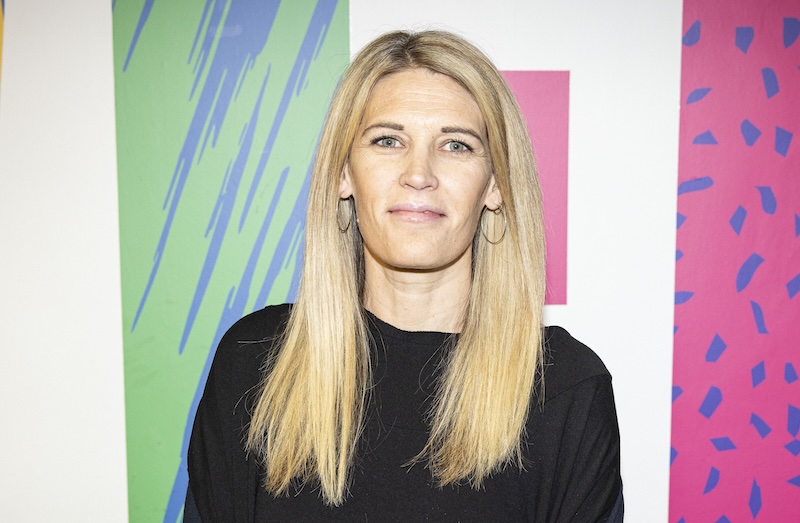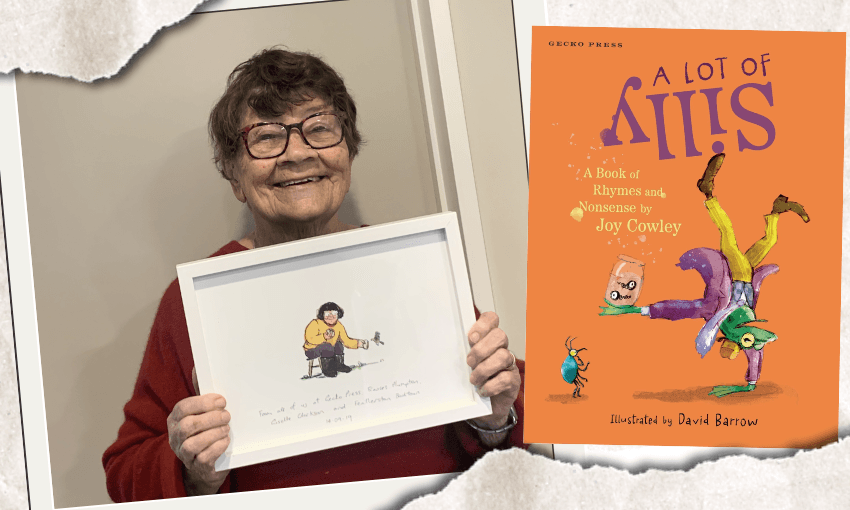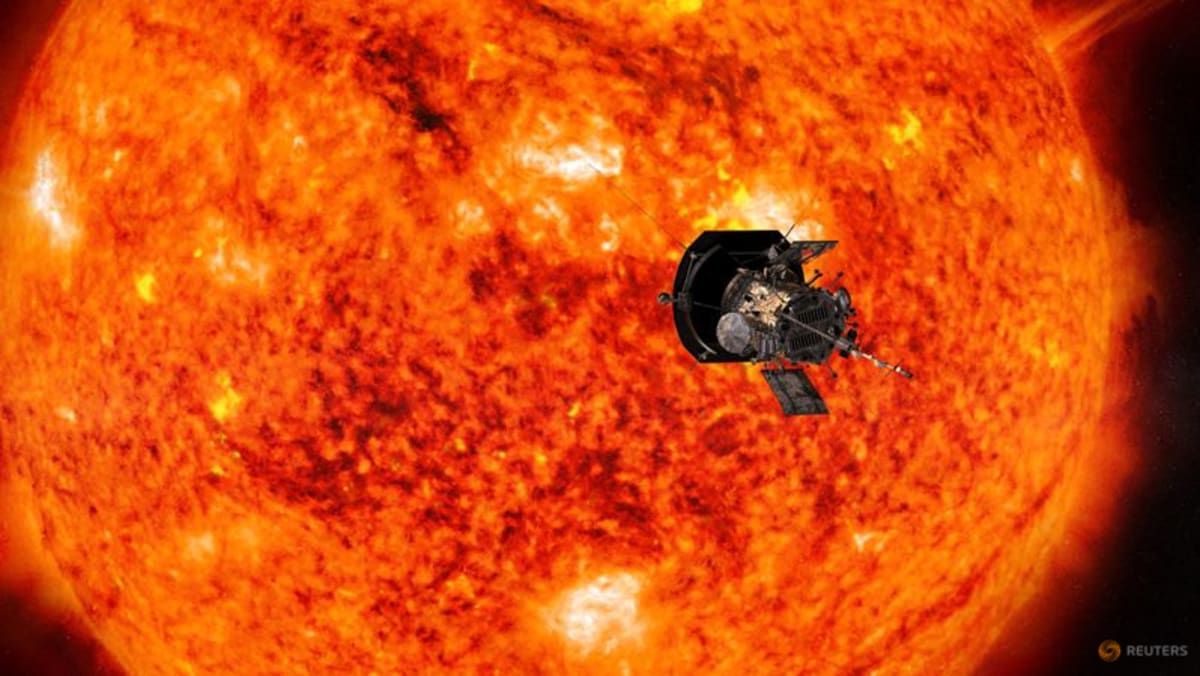Kurt Vonnegut: Unstuck In Time
It was pretty great, watching this, to realise that almost everyone comes to Vonnegut in the same way, at about the same age. Sometime in high-school, or in the very first years after, a friend will lend you a battered copy of Slaughterhouse-Five, or a particularly mischievous teacher might prescribe Slapstick or Bluebeard – and then you will be hooked, wondering who this iconoclastic, deeply funny and achingly melancholy writer was – and how you can find more of his books.
According to friends in the book trade, the appeal of Vonnegut isn’t dimming anytime fast either, he still flies off the shelves and is one of those authors that second-hand shops don’t even bother putting on display. He will sell straight off the counter before they get that far.
Film-maker Robert Weide had a typical introduction to Vonnegut, but he went one further. Knowing he wanted to be a documentary maker – and with a piece on The Marx Brothers already in the can – he wrote to his idol. And Vonnegut, after a while, responded. He had seen Weide’s earlier film, liked it – and was happy to talk.
Nearly 40 years later, Kurt Vonnegut: Unstuck In Time is the result. Weide takes an appropriately unconventional approach to the film, finding in the editing process a perfect visual metaphor for Vonnegut’s obsession with characters who slide around in time.
The deep affection Vonnegut had for the young director is obvious and it actually strengthens the film. Unstuck In Time is a lovely, accessible and hugely likeable portrait of one of the world’s most-beloved writers. If you’re a fan, you’ll be there. If you’re not, it might make one of you. So it goes.
Supplied
Film-maker Robert Weide takes an appropriately unconventional approach to Kurt Vonnegut: Unstuck In Time.
READ MORE:
* Whānau Mārama: New Zealand International Film Festival 2022: Eight must see movies
* Whānau Mārama: New Zealand International Film Festival: Eight great Kiwi films to check out
* The captivating and complex lives of cows (and one human) explored in documentary
* The film that taught director Florian Habicht how to make ‘not having a script’ part of the story
* The filmmaker who helped tell the harrowing story of rapper Scribe’s father
Supplied
Xavier Giannoli’s adaptation of Balzac’s Lost Illusions is a pacy, dense and hugely entertaining treatment, that is as respectful, as it is mischievous.
Lost Illusions
Based – closely enough – on the novel by Balzac, this should be a template and an inspiration for everybody who wants to adapt a classic novel for the screen.
Rather than being a cloyingly respectful and musty read through of the 1820s tome, Xavier Giannoli takes a full-blooded and lusty approach to his material – just as Balzac would have wanted – and turns in a fast-moving, genuinely funny and sexy piece of social satire that doesn’t even have to strain to establish its contemporary relevance.
The story of a naive poet who dreams of becoming a novelist – the rock stars of Balzac’s world – keeps its structure, but gains new dialogue and an immorality Balzac could only hint at, via a pacy, dense and hugely entertaining treatment, that is as respectful, as it is mischievous. This is how adaptations of classic novels need to be done. Bravo.
Courtesy of Sundance Institute
Alan Cumming has a significant role to play in My Old School.
My Old School
In 1993, a new student appeared at a high school in Glasgow. He said his name was Brandon Lee, but seemed oblivious that his namesake – Bruce Lee’s son – was an actor who had been killed in a macabre accident that same year.
Lee looked older than his peers, but his story about travelling the world with his opera-star mother, being in a car crash that had burned his face and now living in Glasgow with his elderly grandmother were enough to convince his classmates that this was an odd, but not unlikeable fellow student.
It was halfway through the year – and halfway through director Jono McLeod’s intensely odd film – that the truth about who Lee was and why he looked so different to his classmates came out. And the truth was quite incredible.
I’ll keep this review spoiler-free – although you will find it hard to avoid many of the revelations of My Old School – but McLeod, who was a classmate of Lee’s, has assembled a breezy and likeable film, even if it does side-step some of the knotty moral problems that Lee’s presence in a school full of naïve teenagers must have presented.
There have been a lot of “secret identity” documentaries in the last couple of years, but My Old School seems to me to worthy of a big screen and festival release – and not just for the presence of Alan Cumming and a few other big names lurking in the voices and recreations.
Supplied
You have never, I promise you, seen a film like Neptune Frost
Neptune Frost
For a sheer sensory blast that really needs to be seen on a big screen, surrounded by the biggest speakers, this deserves to be this year’s sensation.
Written and co-directed by musician, poet and performer Saul Williams, this Afro-Futurist, queer, dystopian musical dreamscape (that’s not a sentence I thought I’d be writing today) is a call to arms for Black cinema, a musical throw-down and just an absolutely delirious bombshell of storytelling, incredible musicianship and a reminder that even an art-form as calcified and two-dimensional as film-making can still be made to dance to a different drum, if the story is worth telling and the filmmakers have a clear and burning vision.
You have never, I promise you, seen a film like Neptune Frost. But I can also promise, you will see its influence, in a diluted and compromised form, in musicals, adventures and superhero movies from now on.
Supplied
The Territory is spectacular, angering and urgent filmmaking.
The Territory
This lean and visually stunning documentary couldn’t be telling a more timely or relevant 21st century story.
Director Alex Pritz – a well-respected cinematographer – and producer Darren Aronofsky present The Territory, at first, as a portrait of the farmers and loggers who want to carve a living for themselves out of what they see as undeveloped and unoccupied land on the fringes of the Amazon rainforest. These men are emboldened by current Brazilian President Bolsonaro – and see themselves as a new generation of settlers, staking their claim just as generations have before.
But Pritz switches perspectives quickly to take us inside a community – once thousands, now hundreds – of the Indigenous people of the area, who have lived off this same land for generations and whose claim to traditional rights over it would seem unarguable.
The Territory is spectacular, angering and urgent filmmaking. Its story and themes are universal and the larger issue of deforestation and carbonisation of the atmosphere is more immediate with every passing season. Don’t even think of dismissing The Territory as “another environmental film”. This one resonates and demands to be seen on a cinema screen.
Getting underway in Auckland tonight (Thursday, July 28 – and running until August 7), this year’s edition of Whānau Mārama: New Zealand International Film Festival will also visit Wellington (August 4-14), Christchurch (August 5-14), Dunedin (August 11-21), New Plymouth (August 11-21), Masterton (August 17-31), Matakana (August 18-28), Hamilton (August 18-31), Tauranga (August 18-28), Hawke’s Bay (August 18-28), Palmerston North (August 18-28), Nelson (August 18-28), Timaru (August 18-28) and Gore (August 18-25).



















Discussion about this post